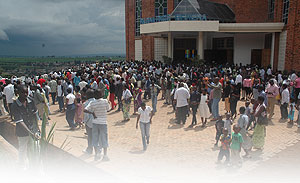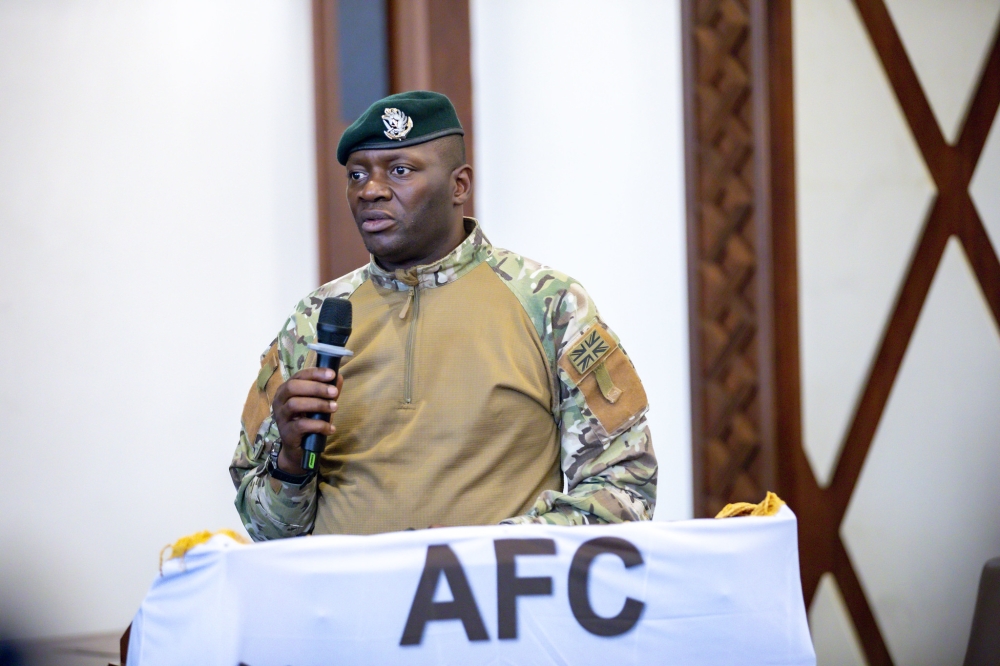Easter, the principal festival of the Christian church every year, celebrates the Resurrection of Jesus Christ on the third day after his Crucifixion. However, the English name “Easter” is much newer.


Easter, the principal festival of the Christian church every year, celebrates the Resurrection of Jesus Christ on the third day after his Crucifixion.
However, the English name "Easter” is much newer. When the early English Christians wanted others to accept Christianity, they introduced the name Easter for this holiday so that it would match the name of the old spring pagan celebration. This made it more comfortable for other people to accept Christianity.
Easter is probably the oldest Christian observance after the Sabbath (observed on Saturday). Later, the Sabbath subsequently came to be regarded as the weekly celebration of the Resurrection.
The origins of Easter in Rwanda date to the beginnings of Christianity in the country.
Missionaries converted many Rwandans to Christianity since the colonial era (1890–1962). Today about 60 percent of Rwandans are Roman Catholics, another 20–30 percent are Protestants and there is also a small percentage of Muslims and some followers of the Baha’i faith
But despite all the Christian influence there was an important shift in the spirit. No more glorifications of the traditional gods but rather, emphasis was shifted to the worshiping and praising of Jesus Christ.
However Rwandans often combine native religion with Christianity. They believe that "Imaana”, their traditional god, is well-meaning but distant. "Imaana” is most often contacted through the spirits of deceased family members.
In Rwanda Easter is celebrated as a main function of the Christian communities. During the Easter Vigil hundreds of people assemble at their various churches for prayers. After worshiping, traditional dances are held outside churches.
Easter has a social dimension as well as a spiritual one. Families come together, to share special food with Christians and non-Christians alike.
In some areas of the country, Rwandans hang around their churches after prayers and sit in their small Christian communities to continue the celebration of eating and drinking, as ceremonial dances and entertainment continues around them.
Ends




